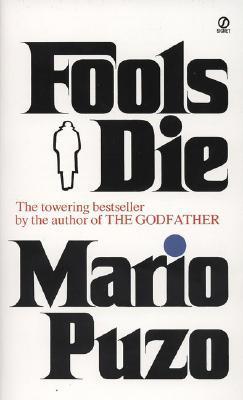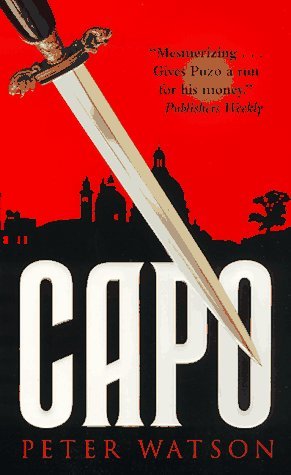
Omerta
Book Description
Loyalty has a price, and in the underworld of organized crime, that cost is often paid in blood. Mario Puzo's 'Omerta' plunges into a dark labyrinth of vengeance, betrayal, and the unbreakable code of silence that binds its characters. As powerful families vie for control and trust erodes among allies, one man's struggle against the tide of violence and deception ignites explosive conflicts that could shatter lifelong bonds. The stakes escalate when love and duty collide, testing the limits of morality. Can anyone break free from the chains of their past, or will the weight of omertà consume them all?
Quick Book Summary
Mario Puzo's "Omerta" is a gripping crime thriller that explores the deep bonds and deadly betrayals within the Italian-American Mafia. The novel centers on Don Raymond Aprile, a seasoned and wise Mafia boss committed to following the Omerta—the sacred code of silence. After his retirement, Don Aprile entrusts his legitimate business empire to Astorre Viola, his adopted son and loyal protégé. As rival crime families and ambitious law enforcement officials circle for power, Astorre faces challenges that test his loyalty, cunning, and sense of honor. Caught between old-world traditions and modern dangers, characters grapple with love, vengeance, and the heavy cost of loyalty. The story delves into the complexities of moral choices and whether one can truly escape their past or the code that defines them.
Summary of Key Ideas
Table of Contents
The Code of Silence (Omertà) and Its Consequences
Omerta opens with Don Raymond Aprile, the last of the old-guard Mafia dons, who has survived by carefully respecting the ancient code of Omertà: absolute silence. As Don Aprile retires and focuses on building legitimate enterprises for his three children, he keeps them shielded from his criminal past. Yet, he entrusts his adopted son, Astorre Viola, with the guardianship of his banking empire and underworld connections, believing Astorre's loyalty and intelligence will preserve his legacy.
Family Loyalty and Betrayal
The code of Omertà binds characters together, creating conflict when law enforcement and rival mobsters pressure insiders to betray their allegiances. FBI agent Kurt Cilke becomes obsessed with infiltrating Aprile's organization, using extreme tactics to force breaches in loyalty. This relentless pursuit exposes the divide between those who value silence as honor and those willing to break it for personal gain or legal advantage. Betrayal has fatal consequences, and each character must weigh the true cost of their secrets.
Power Struggles and Ambition
Following Don Aprile's murder during a violent attack orchestrated by rival gangs, Astorre must navigate the treacherous criminal underworld. With the Don's biological children uninterested in their father's criminal affairs, Astorre finds himself the primary target of those seeking control. He cunningly manipulates allies and foes, using his position within both legal and illegal worlds to outwit enemies, maintain the family's honor, and exact vengeance. His struggle reveals the precarious balance required to survive amidst continual threats, showing how ambition fuels violence.
The Price of Morality in a Ruthless World
Amid the violence, the story examines themes of morality and love. Astorre's relationships are severely tested, as he must protect not only his adoptive family, but also those he cares for, even as he operates within a ruthless society. The tension between what is right and what is necessary becomes central; every act of violence or deception is weighed against a personal code of ethics. The novel repeatedly asks if it is possible to do what is right in a world built on crime.
The Challenge of Escaping One's Past
Ultimately, Omerta explores whether redemption is possible for those entrenched in a world shaped by violence and loyalty. Astorre's determination to honor Don Aprile's memory while avoiding the corruption and tragedies of the past embodies the struggle to break free from inherited cycles. As characters confront their choices, the book questions whether one can truly escape destiny or the binding code of Omertà, concluding with a mix of justice and tragedy that underscores the enduring cost of silence, loyalty, and ambition.
Download This Summary
Get a free PDF of this summary instantly — no email required.





